The Sustainable Practices of Jackson Family Wines: A Commitment to Quality and the Environment
Jackson Family Wines stands out in the wine world for more than just their delicious bottles. This family-owned company, behind popular wine brands like Kendall-Jackson and La Crema, is deeply committed to sustainability. From organic vineyards to solar power, their practices show how winemaking can respect the planet while producing top-notch wines. Let’s explore what makes The Sustainable Practices of Jackson Family Wines so inspiring.
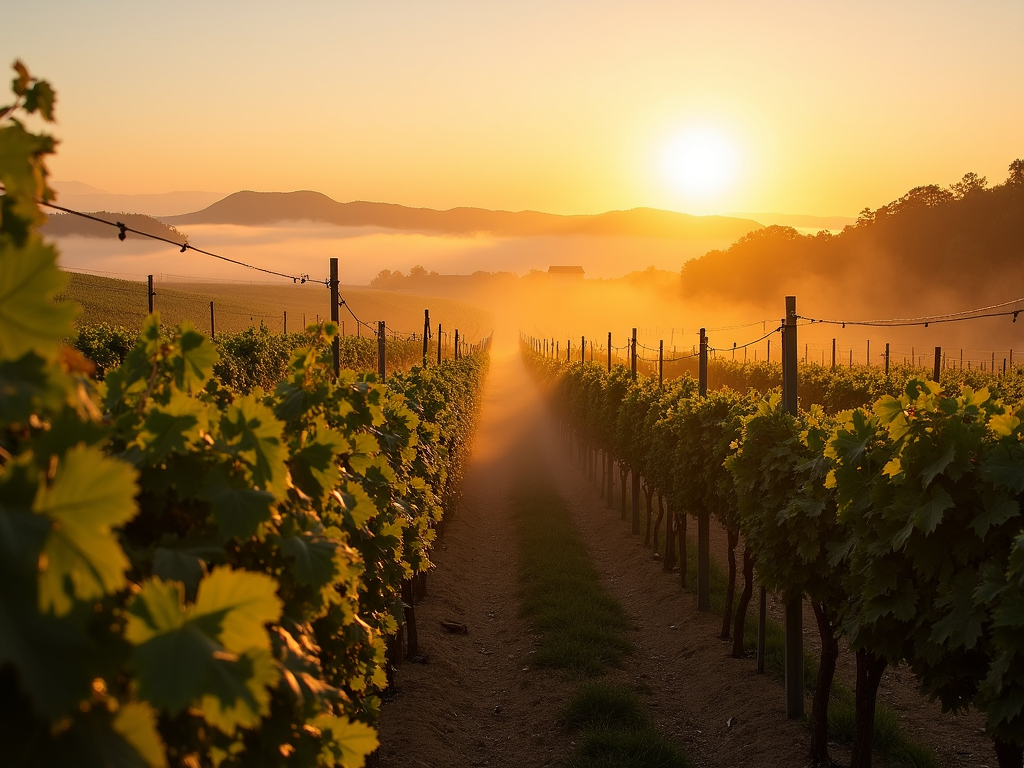
A Family Vision Rooted in the Land
Jess Jackson started Jackson Family Wines in 1982 with a simple idea: great wine comes from healthy land. That belief still drives the company today, led by Barbara Banke and the Jackson family. They’ve built a legacy that blends quality winemaking with a genuine care for the environment. It’s not just talk—it’s action you can taste in every glass.
Jackson Family Wines and Organic Vineyards
At the heart of their sustainability efforts are organic vineyards. With over 10,000 acres across California and Oregon, many certified organic, they skip synthetic chemicals. This keeps the soil alive and buzzing with natural life. Healthier soil grows stronger vines, and stronger vines make better grapes. It’s a win for the planet and your palate.
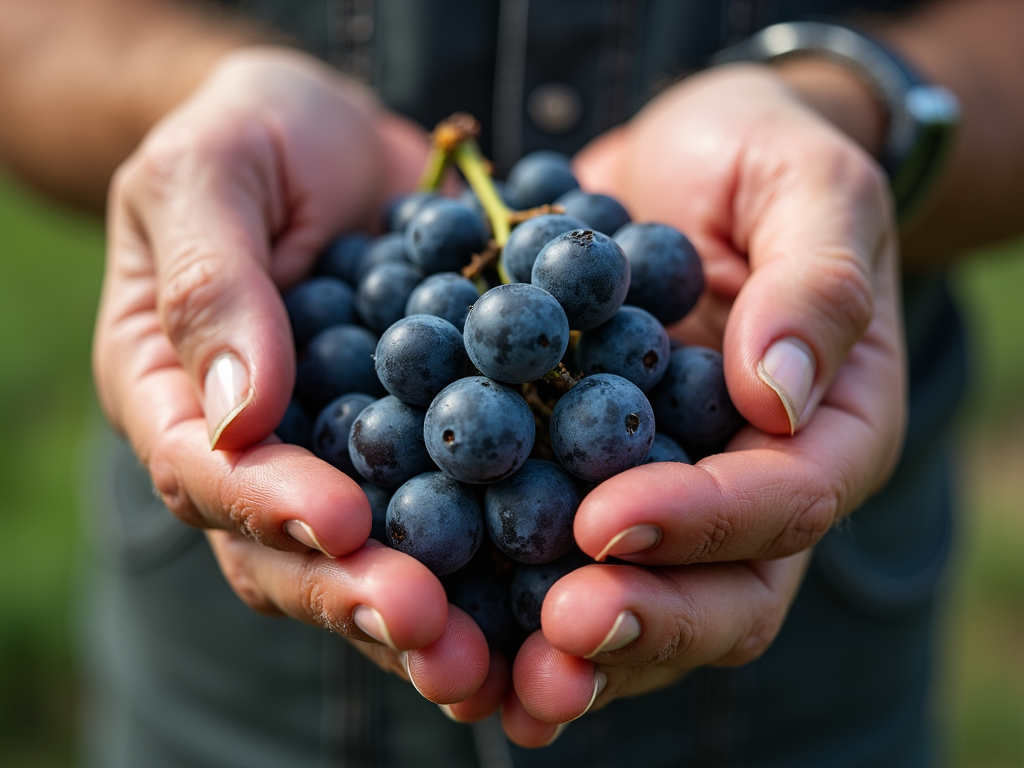
Why Organic Matters
Here’s what organic farming brings to the table: - Stronger Soil: Natural methods build fertile, living soil that lasts. - More Wildlife: No chemicals mean birds, bees, and bugs thrive. - Better Taste: Healthy grapes carry richer, truer flavors.
I’ve walked organic vineyards myself, and the difference is clear—there’s a vibrancy you don’t find in overworked fields.
Saving Water in a Thirsty World
Water is precious, especially in dry places like California. Jackson Family Wines gets this. They use smart irrigation that waters just the roots, not the whole field. They also recycle water from their wineries and catch rainwater in tanks. Every drop counts, and they make sure it’s used wisely.
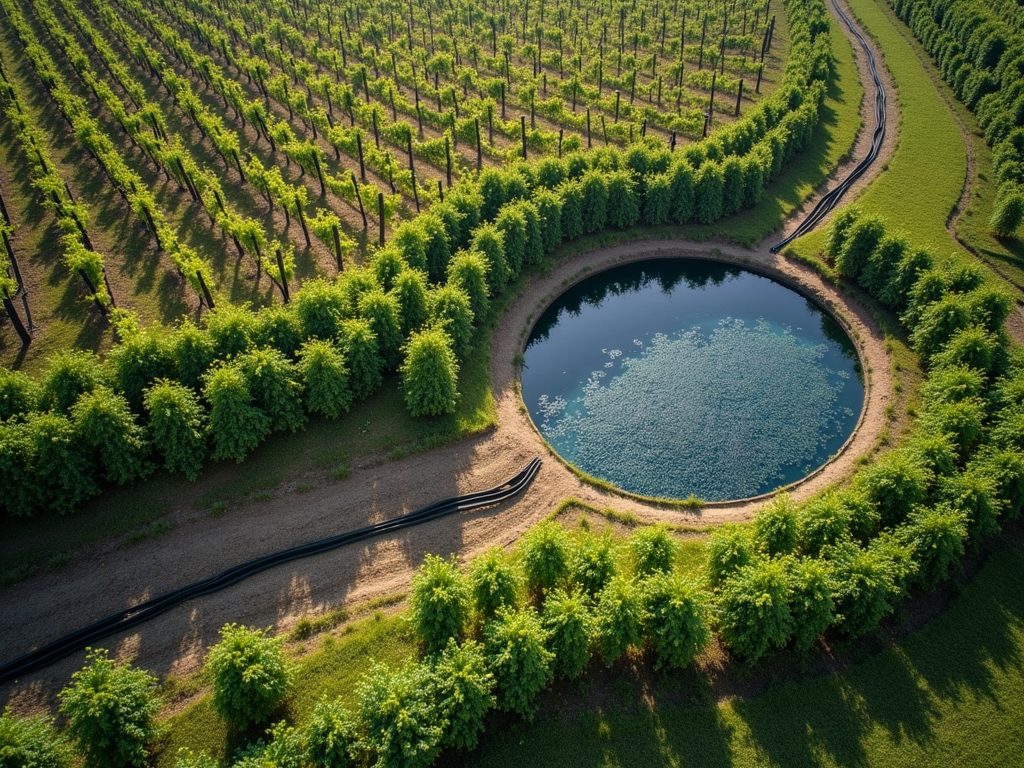
Smart Water Tricks
- Targeted Watering: Sensors pinpoint exactly where water’s needed.
- Recycling: Used water gets cleaned and sent back to the vines.
- Rain Capture: Tanks store nature’s gift for dry days.
These efforts cut waste and keep vineyards green, even in tough droughts.
Powering Up with the Sun
Jackson Family Wines doesn’t just lean on the grid—they harness the sun. Over 23,000 solar panels sit atop their wineries, making about 30% of their electricity. It’s clean, it’s smart, and it’s a big step toward a smaller carbon footprint. They’re showing other wineries how it’s done.
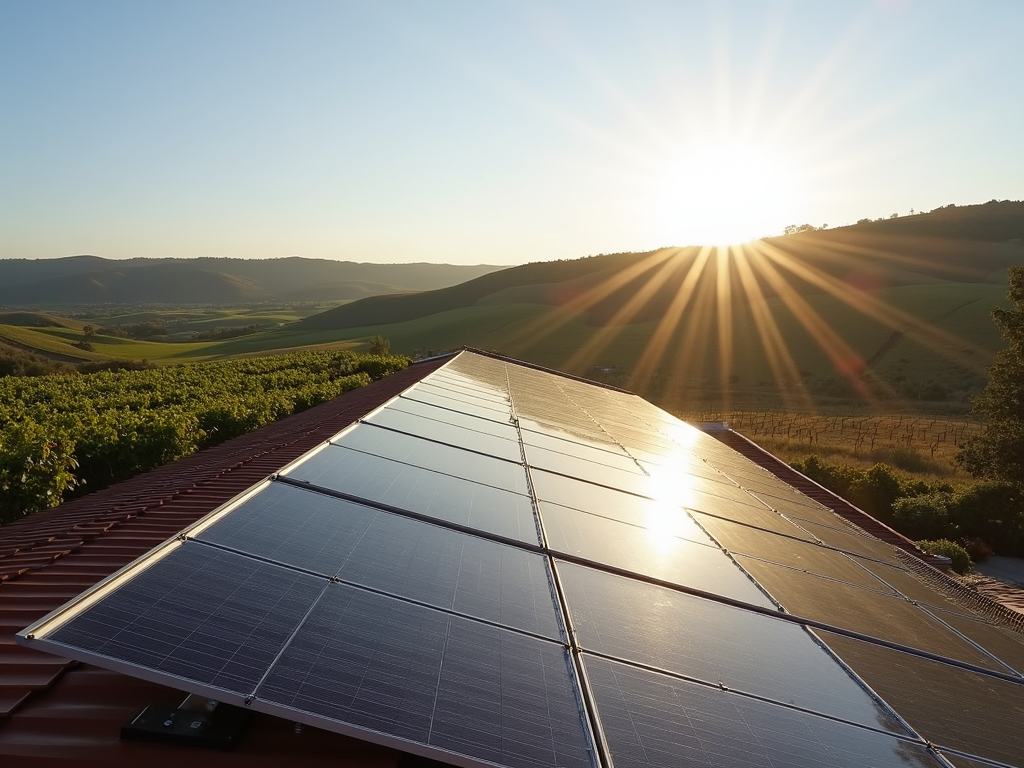
Solar Wins
- Cleaner Air: Less fossil fuel use means fewer emissions.
- Savings: Solar cuts costs, freeing up money for more green projects.
- Leadership: They’re paving the way for a solar-powered wine industry.
Learn more about solar energy in agriculture from UC Davis. It’s impressive to see this scale of renewable energy in action.
Caring for People, Too
Sustainability isn’t just about the land—it’s about people. Jackson Family Wines treats their workers right with good pay, healthcare, and training. They also give back to local communities through charity and education programs. It’s a reminder that a business can lift everyone up.
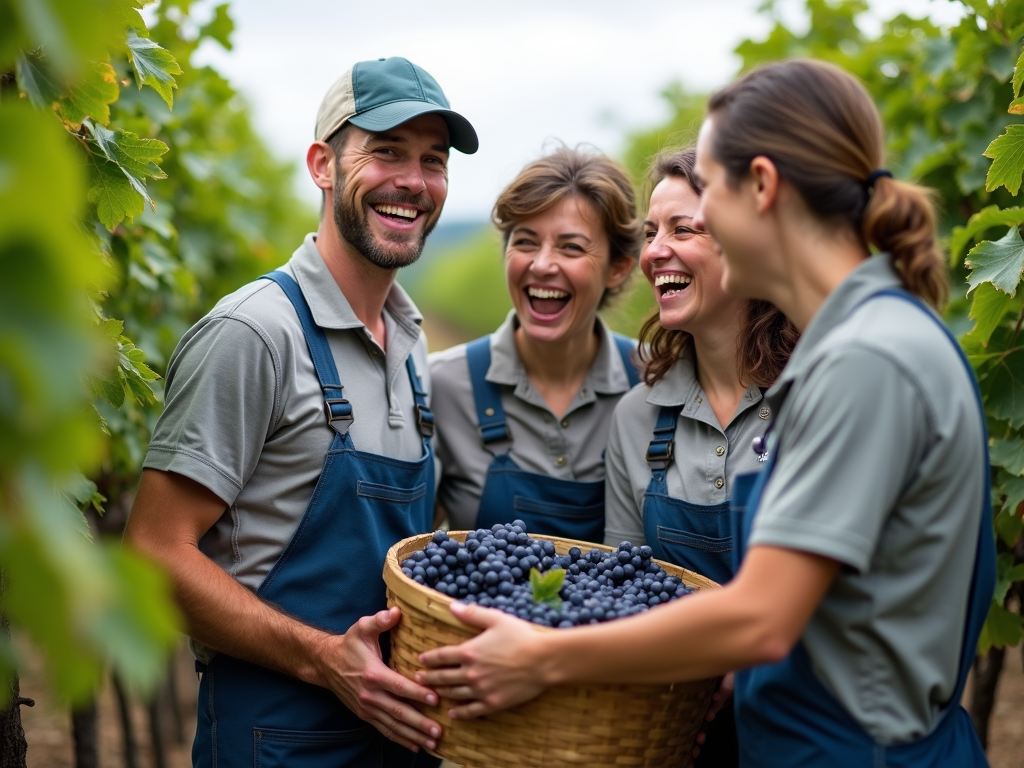
Community Highlights
- Worker Support: Benefits and growth opportunities keep the team strong.
- Local Giving: They fund schools and conservation nearby.
- Fairness: A diverse crew reflects the real world.
I’ve met folks who work here—they’re proud of what they do and where they do it.
The Next Step: Regenerative Farming
Jackson Family Wines isn’t stopping at sustainable—they’re going regenerative. This means farming that heals the land, not just maintains it. Think cover crops trapping carbon, boosting soil life, and holding water better. It’s a bold move to fight climate change while growing great grapes.

Regeneration in Action
- Carbon Capture: Soil sucks up CO2, helping the climate.
- Life Boost: More plants and critters make a tougher ecosystem.
- Less Watering: Healthy soil holds moisture longer.
Check out the USDA’s take on regenerative farming for a deeper dive. This could be the future of wine.
Wrapping It Up
The Sustainable Practices of Jackson Family Wines prove you don’t have to choose between great wine and a healthy planet. Their organic vineyards, water-saving tricks, solar power, and people-first approach set them apart. As they push into regenerative farming, they’re not just keeping things good—they’re making them better. Want to dig deeper? Check out the recommended readings below.